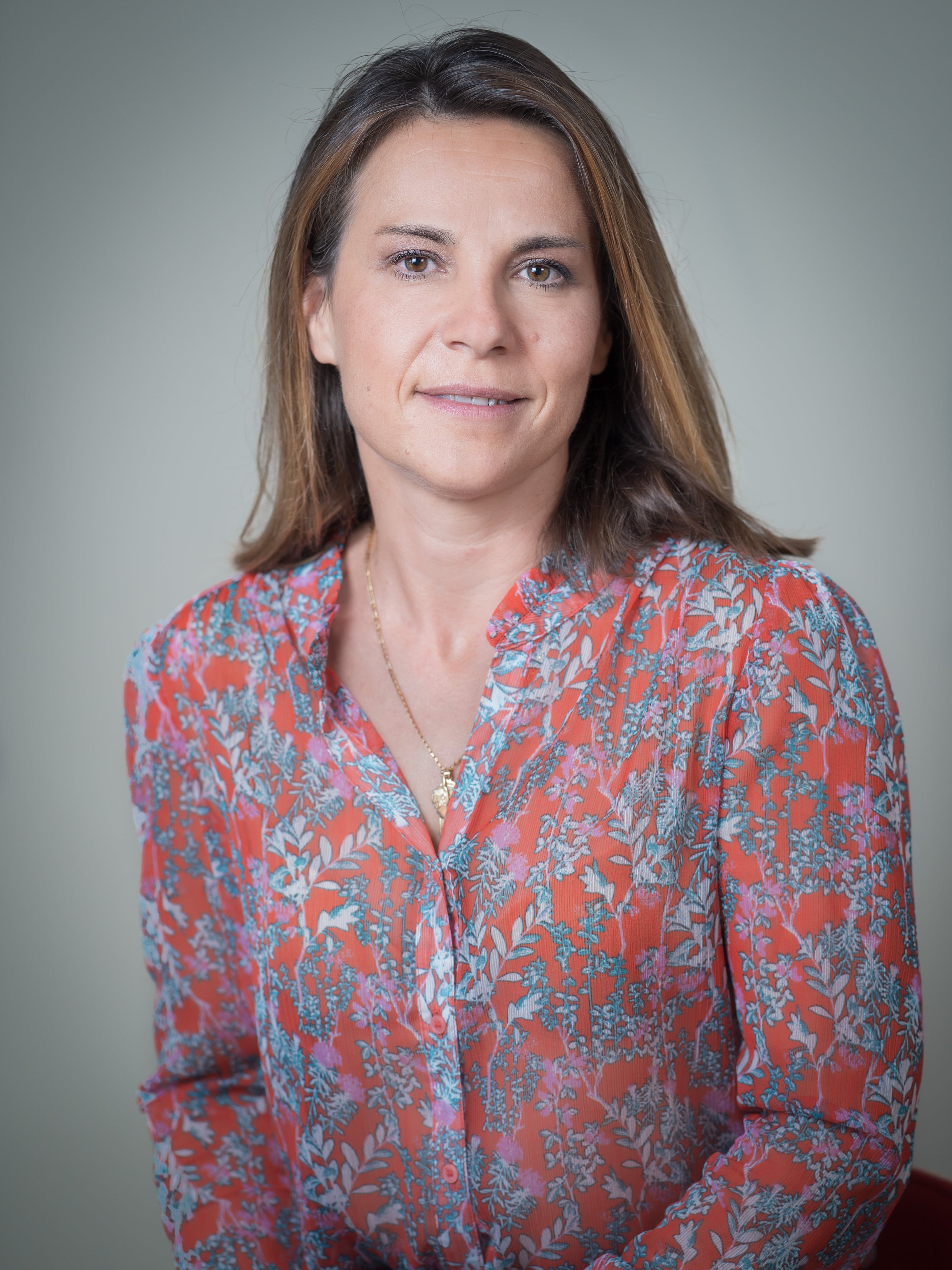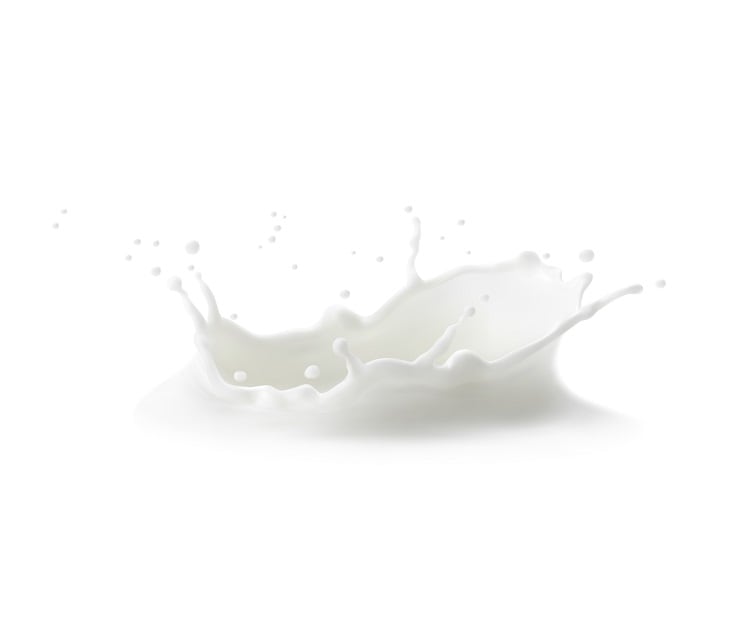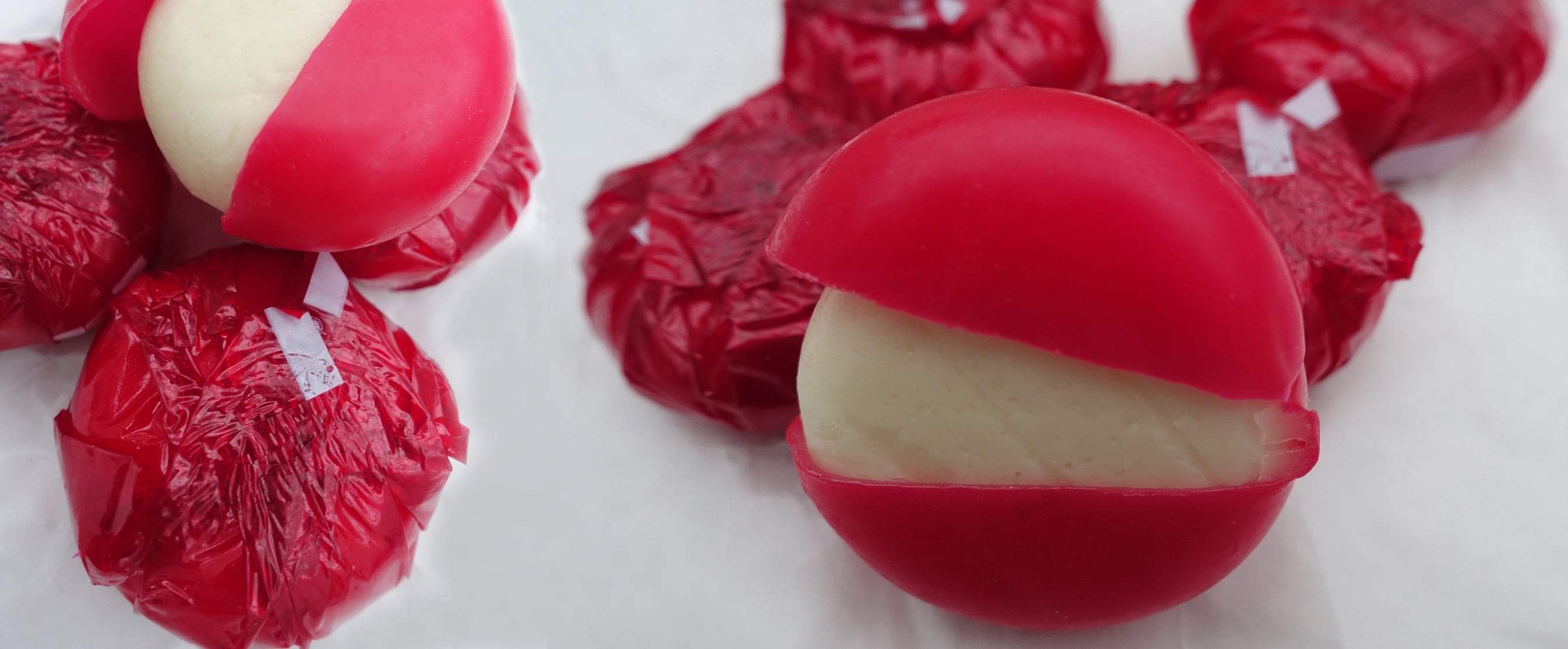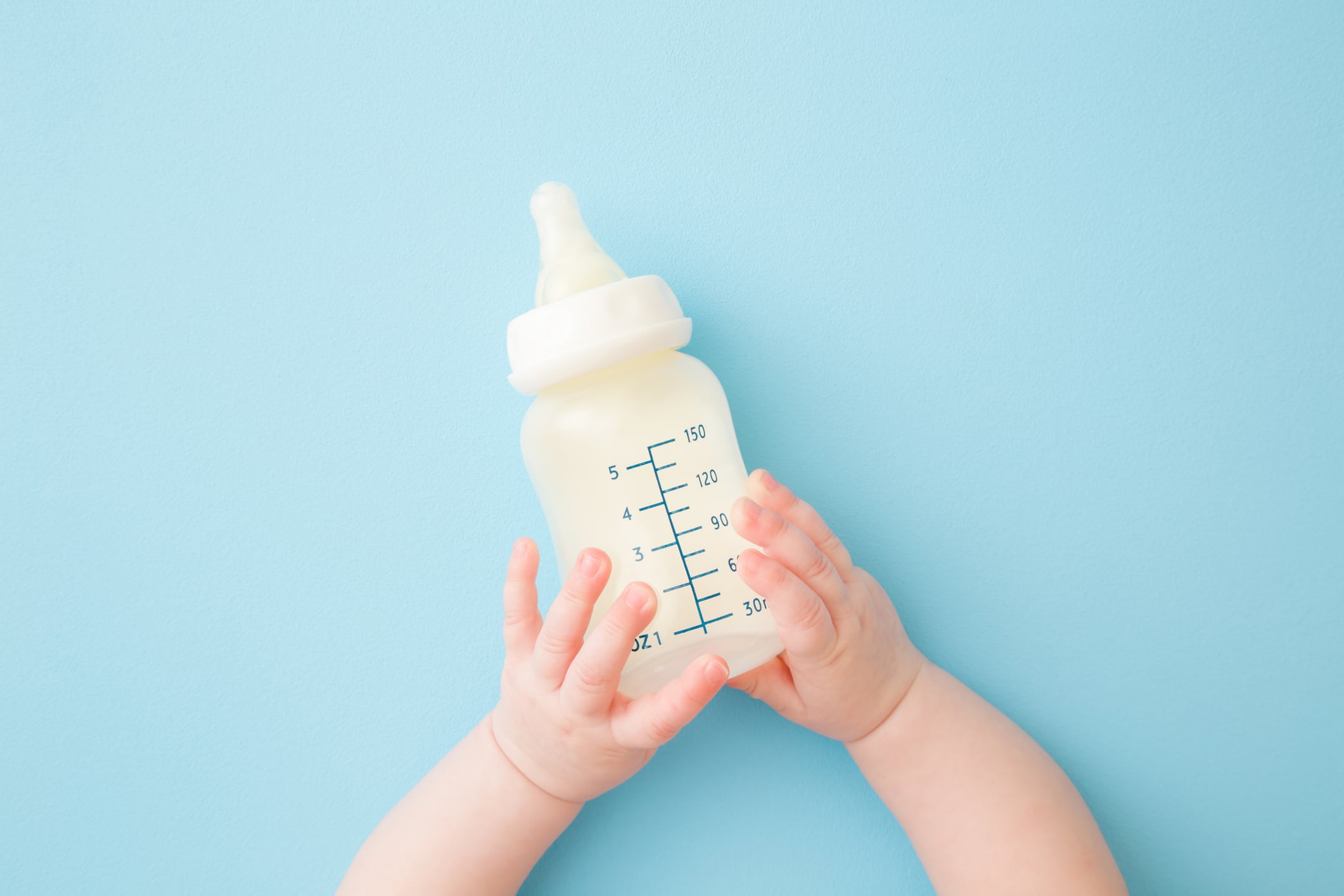Bel Group, best known for Babybel, Laughing Cow, and Boursin, is betting big on animal-free dairy.
But when chief venture officer Caroline Sorlin recalls her most memorable start-up pitch, it wasn’t the tech that stood out – it was the unmade bed, messy room, and pyjamas hanging from the door behind the founder. Not exactly the kind of pitch you’d expect from someone hoping to impress a $2bn cheese company.
These days, post pandemic, Sorlin continues to meet with start-ups, often face to face. That’s how Bel’s exploration into precision fermentation-dairy came about. The company wants to launch dairy products made with this novel technology soon, but timing will be key – and Bel doesn’t want to rush it.
Bel’s innovation strategy - and how precision fermentation fits
Bel may be best-known for its dairy products, but that’s just one part of its portfolio. The company also sells plant-based cheese, as well as fruit offerings, like its GoGo squeeZ brand.
When Sorlin meets with food or agtech start-ups, she’s looking at enabling technologies that can help lower Bel’s carbon footprint across its portfolio. In the medium term, Bel wants to cut its carbon footprint by a quarter, with the aim of being carbon neutral by 2050.
To get there, Bel’s innovation arm is focused on three approaches: to make its upstream processes less carbon and water intensive; to rebalance its portfolio so that 50% is non-dairy in revenue splits, and to make its packaging more sustainable.
Precision fermentation, whereby dairy is produced without the cow, is considered significantly less carbon intensive than conventional dairy – it’s been linked to 90-97% lower greenhouse gas emissions.
What is precision fermentation?
In food, precision fermentation uses microorganisms as 'cell factories' to produce complex molecules like protein.
This is why the technology piqued Bel’s interest all those years ago. The company started exploring precision fermentation back in 2020, and over the course of 18 months, met with at least 20 start-ups.
But one stood out from the crowd.
Betting on animal-free dairy for Bel’s future
The chief venture officer’s second most memorable pitch session came amid the company’s search for a precision fermentation partner. Having screened all the start-ups, they’d finally selected one. The writing of the investment memorandum for the executive committee was underway.

Then surprisingly, Sorlin was alerted to a short video that landed in her inbox. “I watched it, and said to myself ‘Oh my goodness, this is a start-up I’ve never heard about, doing precision fermentation. And it’s French!’”
Sorlin’s team quickly arranged an in-person meeting. The start-up founders arrived carrying a bag of casein powder – the main protein in milk – and placed it on the table. What they didn’t realise was that no other start-up had reached that level of progress in precision fermentation. “Bel’s research director and I looked at each other, immediately recognising this team was far ahead of anything we’d seen before”.
Sorlin called in Bel’s CEO, who was in a nearby office, and the rest is history. Bel signed a strategic partnership with the precision fermentation start-up, Standing Ovation, in 2022.
Why back precision fermentation over cultivated dairy?
Precision fermentation isn’t the only food technology capable of lowering a dairy company’s footprint. In the animal-free dairy space, the other big one is cultivated, whereby animal mammary cells are cultivated in bioreactors.
Sorlin admits, she is no expert in cell cultivated dairy. “It’s not a category we decided to investigate at Bel, but it doesn’t mean it’s not a good one. We had to make a bet between precision fermentation and cultivation, and we decided on precision fermentation for two key reasons.”
Firstly, Sorlin and her team suspected precision fermentation-derived dairy could be ready for market sooner than cultivated. And secondly, when it did, it would be at a more affordable price point. Even with the gift of hindsight, Sorlin wouldn’t change that decision.
“I think we were right. Cultivated dairy players are working towards developing premium products in order to justify cost of production. But casein is a mass market protein, and one day we need to reach price parity with dairy – which is only around $10 per kilogram. That’s not huge."

Sorlin is not an expert in precision fermentation either. Before working in the venture space, she cut her teeth in business development and marketing, rather than science. But from what she’s now seen, including the potential for precision fermentation to enable dairy production in hot climates – which will only get hotter amid global warming – she’s confident in the technology’s future.
“I truly think precision fermentation has the potential to disrupt, but not replace, the dairy industry.”
How industry’s getting precision fermentation wrong
Precision fermentation-derived dairy has already been tested on the market. US start-up Perfect Day was the first to receive the regulatory okay in the US via the FDA’s GRAS pathway in 2020. Israeli start-up Remilk followed suit, on home soil, in 2023.
And yet, over five years on from that initial greenlight, it’s fair to say precision fermentation has not disrupted dairy. Not even close. Several brands have tested the water, from Brave Robot ice cream to General Mills’ Bold Cultr cream cheese, and Unilever’s Breyers lactose-free frozen dessert. Most have been pulled from the market.
It’s too early for everyone. Even consumers aren’t ready – they don’t understand what ‘animal-free dairy’ means.
Caroline Sorlin, chief venture officer, Bel Group
Why? Industry has launched precision fermentation products too early, believes Sorlin. “We are not there yet.”
Food tech companies have been able to prove that dairy proteins can be produced in a lab, that’s not the problem. Now, it’s about demonstrating that what can be achieved at lab and pilot scale is identical to what is produced in larger batches. “Everyone is working on that – on how to keep the same quality and consistency when moving from a small to large batch."
My favourite cheese is...
- Like many in France and elsewhere, Caroline Sorlin grew up on Bel Group's cheeses.
- Her favourites as a youngster were Kiri (Laughing Cow Cheese) and Boursin.
- But her kids? They're more into Mini Babybel: "They eat a lot of it. A LOT!"
- When Sorlin's not eating branded cheese, she's going for artisinal varieties, including Italian offerings.
- Her favourites are feta, mozarella, burrata, and comté.
That issue ties in with another major threat to precision fermentation and food tech more generally: a lack of funding. “There is no more money from investors. Start-ups are shutting down, not because they’re not good, but because they’re out of funds,” explains Sorlin.
These days, investors want to back start-ups with an existing revenue stream, meaning innovators are under pressure to put products on the market. It’s just too early, says the chief venture officer.
“It’s too early for everyone. Even consumers aren’t ready – they don’t understand what ‘animal-free dairy’ means."
But the biggest mistake most industry players are making is launching an entirely new brand containing a precision fermentation-derived dairy ingredient. “If you’re Perfect Day, and you’re launching an amazing ingredient but one that no one understands – a technology truly from the future – it’s super difficult to expect good results.”
How Bel plans to get precision fermentation right
Bel plans on doing the absolute opposite. No new brand, just the inclusion of animal-free dairy ingredients in a trusted, loved product.
“We will use precision fermentation as an ingredient in an existing brand – one with a strong consumer base, a strong trust relationship with shoppers. It will significantly ease the market entry of new ingredients."
Should consumers expect to see Babybel made with precision fermentation? Maybe. Will consumers be open to eating dairy proteins made in a lab? Who knows. But it’s a waste of time speculating, suggests Sorlin. Again, it’s too early to predict consumer acceptance, she explains.
“Why? Because we don’t have any products to show consumers.”

Of course, Bel is aware of consumer surveys and research in the area, but predicting what a shopper will think in two, three or four years time is risky. “The consumer doesn’t know what they’ll think, because the food system is changing so rapidly – we can’t always rely on consumer research, there are too many factors moving at the same time."
What Sorlin does bet on, is that her generation won’t be the one to most readily adopt animal-free dairy. “My kids’ generation will be the easiest to convince. It will be super easy, because they are raised in a challenging planetary environment where they’re aware of food waste, of water usage, of threats to the planet.
“In my opinion, it will be easier to convince the next generation. So I’m not anxious about that.”
Communicating the inclusion of these next-gen ingredients to consumers is something that requires much thought. Bel has already started this process.
What will appeal to consumers is short, ‘clean’ ingredients lists and healthier products with the right functionality. Price is also key. Of course, Bel will communicate on the sustainability benefits of animal-free dairy compared to the real thing, but potentially that won’t appear front-of-pack.
On the safety side of things, once it appears in one of Bel’s well-known brands, that should be a given, says Sorlin. “The day we put this ingredient in our cheese, it means we’ve done all the tests. We cannot afford any failures on our brands. So it would be a guarantee to the consumer that it’s 100% good for you.”
The future of the dairy aisle
Bel continues to work closely with Standing Ovation. Since investing in the start-up in 2022, Sorlin herself has been meeting with them every month. Bel’s R&D team is working even more closely together to help fine tune their ingredients and ensure they’re perfect for application, particularly in cheese.
Standing Ovation is far from the only start-up Bel is working with. Other notable examples include Superbrewed and Climax Foods. Whether exploring technology for dairy or any of the other categories Bel plays in, Sorlin expects these partnerships will help create change both in product development and Bel’s climate footprint.
In dairy, Sorlin is expecting the refrigerator aisle to alter significantly in the coming years. It’s hard to predict exactly how, with food trends changing so quickly, but the venture chief predicts much more alternative cheese will be on offer. ‘Alternative’ could mean plant-based, or made with precision fermentation or cell cultivation.
For that reason, Sorlin and her team are keeping a close eye on the food tech space – always on the lookout for interesting technologies that can enable real change. The search for innovative start-ups never stops, and Sorlin looks forward to reviewing hundreds more pitches in the coming years. Her advice? “Bring big ideas, sustainable solutions, and maybe – just maybe – fold your pyjamas first.”



